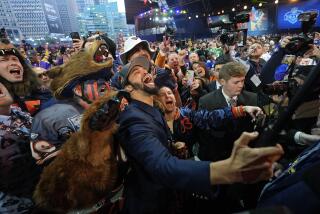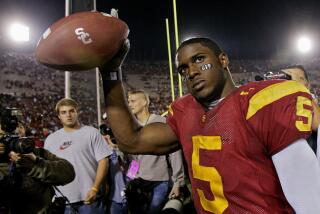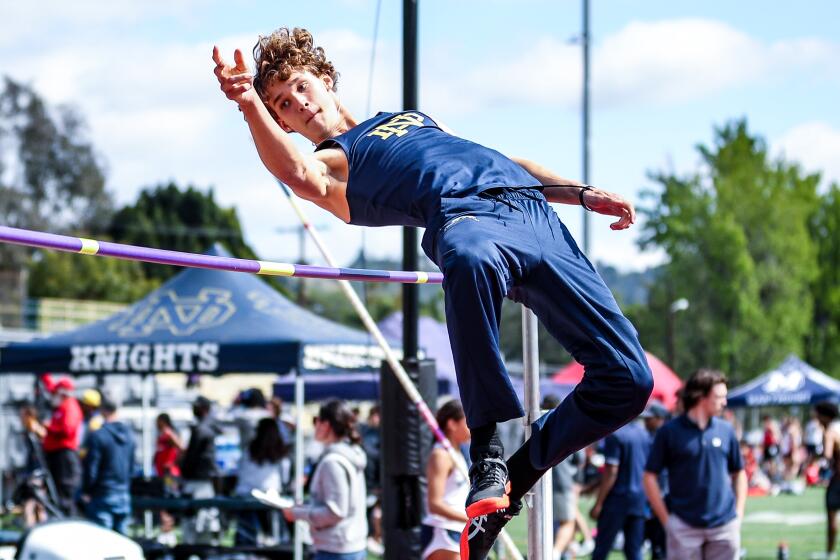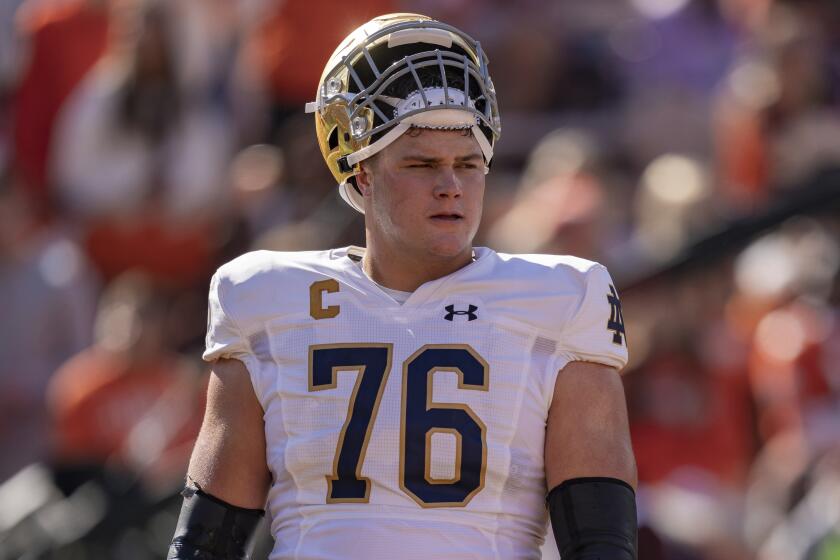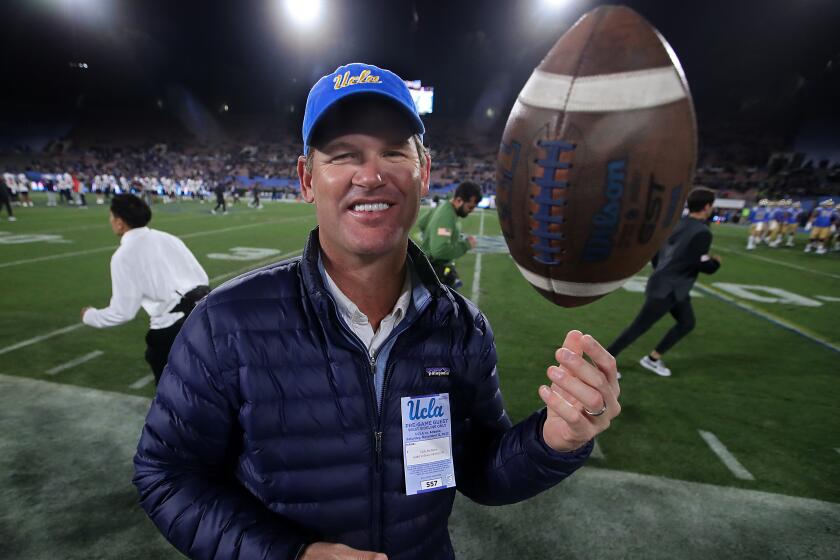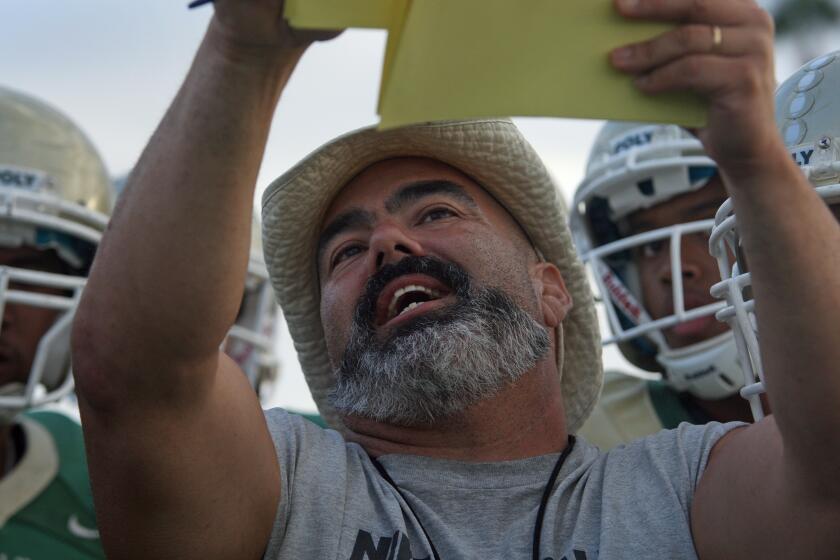NBA trade deadline: Sifting through aftermath of deals and non-deals
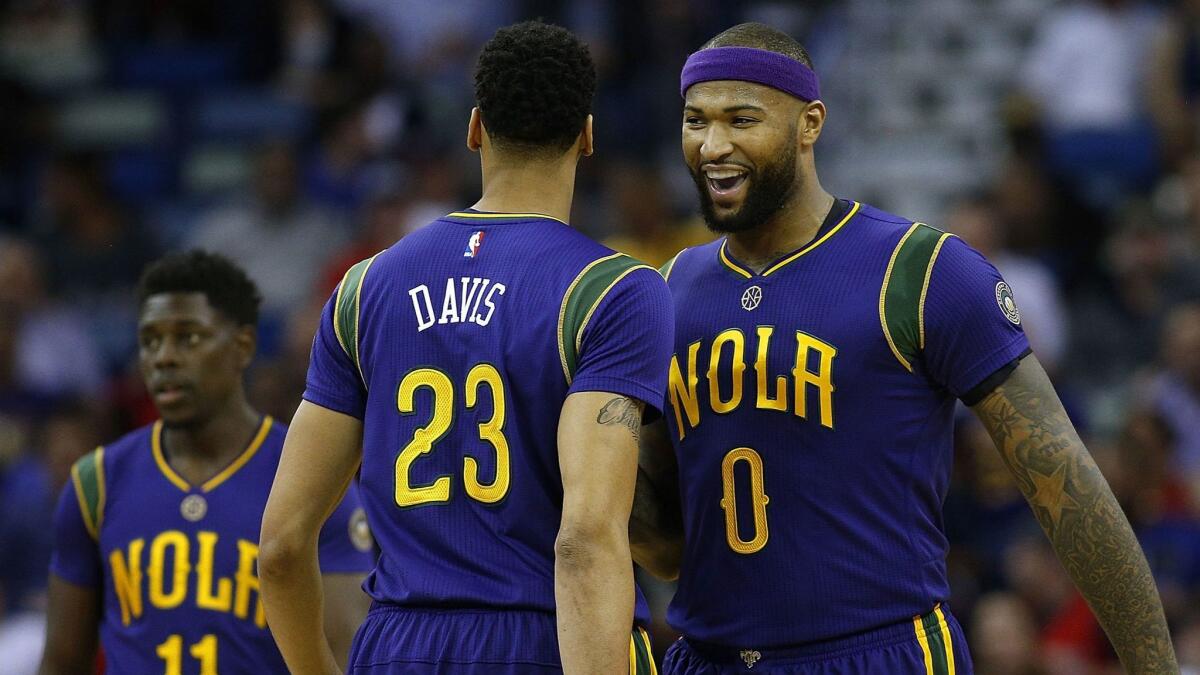
Except for Sacramento General Manager Vlade Divac acknowledging he missed out on a better deal, NBA teams usually declare victory after a trade. In most cases, though, transactions are best measured initially in impact.
Thursday’s NBA trade deadline did not lack for that, moving bodies like Andre Drummond under the rim and leaving an imprint like a Draymond Green screen.
As with a draft, the trade deadline’s winners and losers become apparent with time. Until then, the 13 trades of the past two weeks shook the league landscape to varying degrees.
Earthquake deal
Even during a break, Sacramento did what is common for the Kings’ past decade — take a lopsided loss.
Just the premise of trading DeMarcus Cousins is debatable. The Kings had to weigh having a top-10 NBA star — their only top-100 NBA talent — against a six-year history of 33 or fewer wins per year and Cousins’ combustible nature affecting a dysfunctional franchise.
There is far more debate for the Cousins trade’s return package from New Orleans. It featured Buddy Hield, a 23-year-old rookie who shoots well but is limited otherwise, and a first-round pick that is top-three protected in June.
The trade’s ripples went beyond that befuddlement, especially with a superstar going to a small market and Divac’s justification that a “better deal” was missed two days earlier.
The trade created the NBA’s top frontcourt duo with Cousins and Anthony Davis, made the Pelicans a playoff factor, set the Kings back further, drove down Brooklyn’s asking price for Brook Lopez, helped Philadelphia’s unprotected 2019 pick from Sacramento, and put New Orleans on watch after Cousins’ agent told ESPN that any team trading for Cousins would be “highly unlikely” to re-sign him in July.
“I was surprised that Sacramento did it early instead of seeing how things change and seeing what deals come more toward the deadline,” ESPN NBA analyst Tom Penn said. “It has been widely criticized for the lack of assets or talent that they got back for one of the best big men.
“I think he (Divac) was put on a shot clock, either by his organization or Boston.”
A five-year extension from Sacramento would have been worth $209 million to Cousins. New Orleans can offer no more than $179 million because his “Bird rights” did not transfer.
With little lost in the deal, the Pelicans can see how Cousins fits while he stays under contract through 2017-18, offer a shorter extension to set his optimum 10-year veteran value in 2020, or trade him next February.
“I think the agent ran interference to get the most money possible, which gives you an indication of what the problem was with ‘Boogie,’ ” Penn said. “He was interested in himself and wasn’t able to elevate the team around him.”
Tremor trades
The East race became more intriguing, with fourth-place Toronto’s two deals adding Serge Ibaka and P.J. Tucker for needed spacing and toughness; third-place Washington acquiring Bojan Bogdanovic to bolster its bench; and fifth-place Atlanta becoming Ersan Ilyasova’s fifth team since June.
Second-place Boston was loud in the Paul George and Jimmy Butler rumor mill but quiet on the transaction wire. First-place Cleveland — having made its big move in January to land Kyle Korver — might not be as vulnerable as perceived while Kevin Love mends, but Toronto closed the gap best.
“The Ibaka deal is the most interesting because he has proven to have playoff mettle,” Penn said. “He fits well with the rest of their talent. He’s capable of really affecting the game defensively, he’s adequate offensively and they’re a darned good team with good finishers. That makes Toronto quite a bit more formidable in the East.”
Houston was not content that it separated from the pack that is trailing Golden State and San Antonio. Unsatisfied with being the No. 2 offense, the Rockets added scoring. They upgraded Corey Brewer for quintessential sixth man Lou Williams at the low price of a high-20s draft pick.
“Lou’s as good of a pop as you’re going to get off the bench and they need scoring to compete with Golden State,” Penn said.
Potential aftershocks
Philadelphia is a bottom-five team but has set a turnaround course with Joel Embiid’s rookie transition and two trades.
The Ersan Ilyasova trade played out to be turning Jerami Grant into two second-round picks and an expiring contract.
The Sixers also cleared a front-line glut by trading Nerlens Noel to Dallas for an Andrew Bogut pit spot, young swingman Justin Anderson (on an affordable, team-controlled deal) and a top-18 first-round pick that likely will become two second-round picks. Just by watching the Cousins deal, their unprotected 2019 pick from Sacramento looks better.
“The beauty of their trades is declaring more who they are building around,” Penn said. “They are thrilled with where they sit.”
Denver helped the long-term promise of Nikola Jokic by trading Jusuf Nurkic, who made for an awful short-term look when coupled with Jokic. The long-term impact could get skewed by losing a first-round pick and acquiring a pending free agent, Mason Plumlee.
Chicago kept Butler and gave him a potential long-term starting point guard, Cameron Payne, in a five-player deal that helped Oklahoma City instantly with Taj Gibson and Doug McDermott. Less than three years ago, the same Bulls front office went all in to land McDermott at No. 11 by trading its Nos. 16 and 19 picks, a second-round pick and taking on Anthony Randolph’s $1.9 million salary.
More to Read
Get our high school sports newsletter
Prep Rally is devoted to the SoCal high school sports experience, bringing you scores, stories and a behind-the-scenes look at what makes prep sports so popular.
You may occasionally receive promotional content from the Los Angeles Times.
